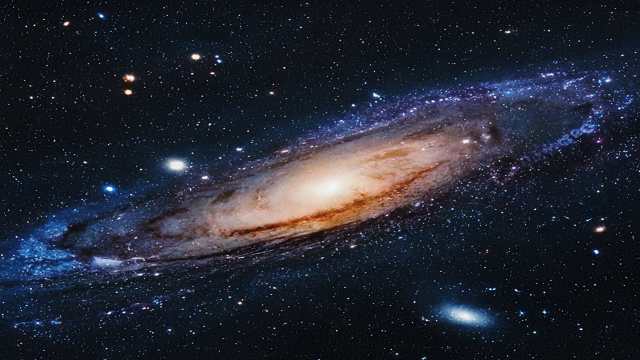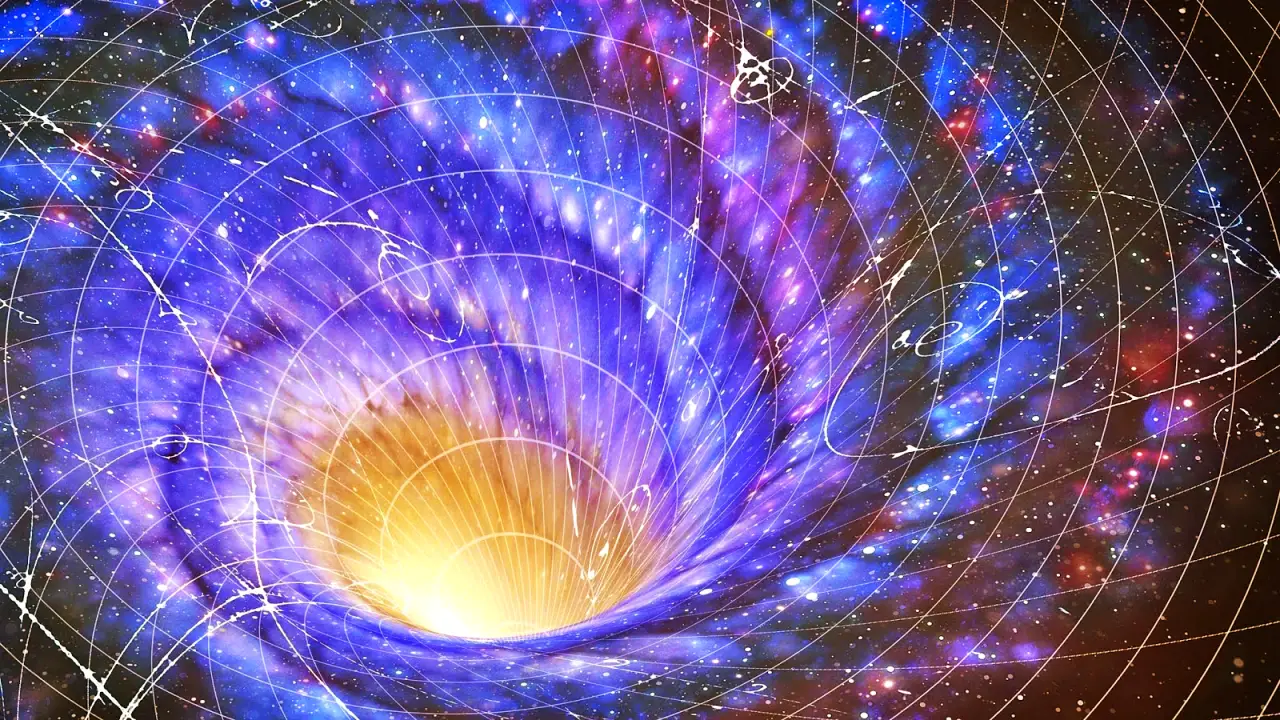As we gaze up at the night sky, a profound question lingers: Are we truly alone in the universe? The notion that Earth is the sole home to intelligent life has long been a comforting belief. However, as we delve deeper into the cosmos and examine the latest astronomical discoveries, the evidence suggests that we may not be the only sentient beings in existence.
Key Points
Vastness of the Cosmos
On a clear night, the naked eye can see approximately 4,500 stars. With the aid of telescopes, this number skyrockets to millions, revealing a universe teeming with celestial bodies. Astronomer Harlow Shapley estimates that there are around 10^20 stars within our observable universe. If we consider that one in a thousand stars may host a planetary system, we arrive at a staggering 100 billion potential planets.
But what does this mean for the possibility of life? If we assume that only one in a thousand of these planets has conditions suitable for life, we still have 100 million planets where life could potentially exist. This calculation is based on current observational techniques, which are continually improving, suggesting that the actual number could be even higher.
Life Beyond Earth: A New Perspective
Historically, the belief that life can only thrive under Earth-like conditions has limited our understanding of the universe. However, recent research challenges this notion. For instance, anaerobic bacteria on Earth thrive in environments devoid of oxygen, suggesting that life can adapt to a variety of conditions.
Dr. Stanley Miller’s experiments indicate that the building blocks of life could form under different atmospheric conditions, potentially leading to the emergence of life on other planets much earlier than on Earth. This opens the door to the possibility of advanced civilizations existing on 100,000 planets across the cosmos.
Milky Way: A Hotbed for Life
The Milky Way galaxy alone is estimated to contain 30 billion stars, with at least 16 billion planetary systems. If we apply conservative estimates, even if only 1% of these planets are capable of supporting life, we could still have 180 million planets with the potential for life. If we further assume that only one in a hundred of these planets actually hosts life, we arrive at 1.8 million planets that could be inhabited.
Search for Extraterrestrial Intelligence
The search for extraterrestrial intelligence (SETI) has been ongoing for decades, utilizing advanced technology to scan the cosmos for signals from other civilizations. While we have yet to make contact, the sheer number of potentially habitable planets suggests that the odds are in favor of discovering intelligent life.
Rethinking Life’s Prerequisites
The idea that life must exist in conditions similar to those on Earth is rapidly becoming outdated. Research has shown that life can thrive in extreme environments, such as the deep sea, volcanic vents, and even in highly radioactive conditions. For example, bacteria have been found to survive in the harsh environments surrounding nuclear reactors, and experiments have successfully bred organisms in simulated atmospheres of other planets, such as Jupiter.
Implications of Our Insignificance
As we expand our understanding of the universe, we must confront the humbling reality of our place within it. The universe is estimated to be between 8 to 12 billion years old, while human history spans a mere 7,000 years. This stark contrast raises the question: Could there be other intelligent civilizations that have existed long before us?
The late Willy Ley, a prominent scientific writer, suggested that if we consider the vast number of stars and planets, it is entirely plausible that there are 18,000 inhabited planets within our galaxy alone. If we accept that life can exist under a variety of conditions, the potential for discovering intelligent life becomes even more compelling.
Future of Exploration
As we continue to explore the cosmos, we must remain open to the possibility of life beyond Earth. The discoveries of the future may reveal forms of life that challenge our current understanding and expand our definition of what it means to be “alive.”
The exploration of Mars, the moons of Jupiter and Saturn, and the ongoing study of exoplanets are just the beginning. Each new discovery brings us closer to answering the age-old question: Are we alone?
Conclusion: Embracing the Unknown
In conclusion, the universe is a vast and mysterious place, filled with possibilities that we have yet to fully comprehend. As we push the boundaries of our knowledge, we must remain humble and open-minded. The idea that we are the only intelligent beings in the cosmos is increasingly difficult to defend in light of the evidence.
The future holds the promise of new discoveries that may reveal the existence of life forms that are vastly different from our own. As we continue to explore the stars, we may find that we are not the pinnacle of creation, but rather one of many intelligent species navigating the cosmos.
In the grand scheme of the universe, we are but a small part of a much larger tapestry of existence. The journey to uncover the truth about life beyond Earth is just beginning, and it is a journey that will undoubtedly reshape our understanding of ourselves and our place in the universe.
As we look to the stars, let us embrace the unknown and remain curious about the possibilities that lie beyond our planet. The cosmos is waiting, and who knows what wonders we may discover?




















